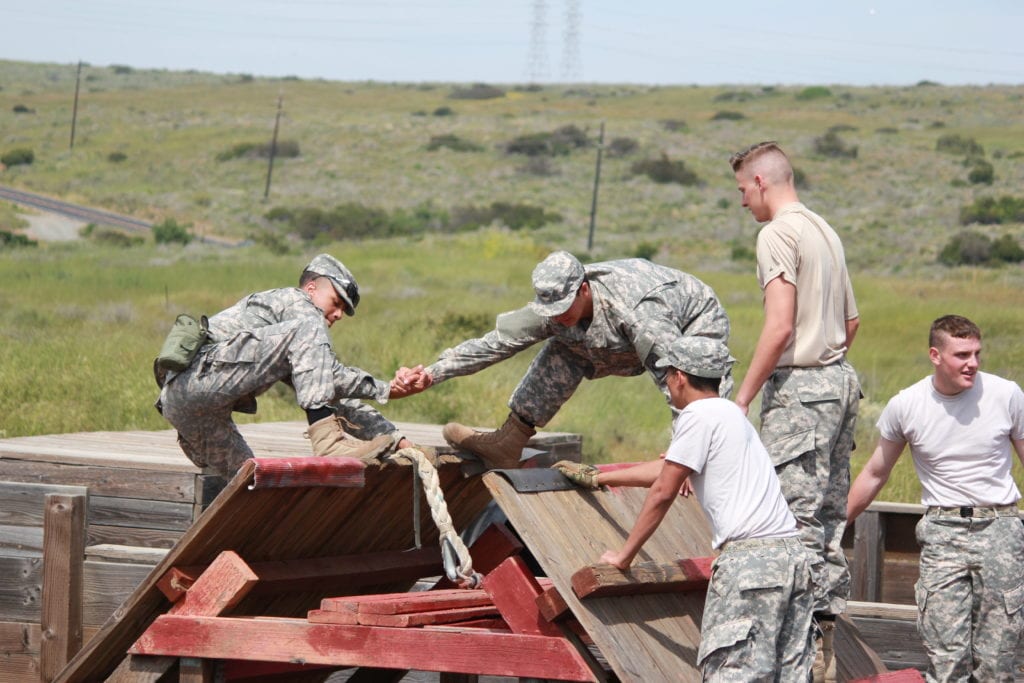It seems courage, follow-through, resilience, and excellence – collectively referred to as “grit” — are in short supply among today’s youth. It ought not to be so, according to expert observers, including University of Pennsylvania professor Angela Duckworth whose research shows grit to be a better predictor of success than talent or I.Q.
Duckworth’s “Grit Scale” self-test measures how people perceive their own grit level. The short tests ask respondents to grade their reactions to such statements as:
“Setbacks don’t discourage me; I don’t give up easily,” “I am a hard worker,” “I finish whatever I begin,” “I have overcome setbacks to conquer an important challenge.”
The self-test works. It’s been given to incoming plebes at West Point at the beginning of the academy’s seven-week “Beast Barracks” summer training program. Their self-perception of their grit level was a more reliable predictor of whether they would be able to finish the program than their levels of intelligence, leadership potential or physical fitness.
 Grit, however, is not an inborn trait. Young people need to learn from first-hand experience how to be “gritty.” There’s no one list on how to instill grit, but the following suggestions for parents are a good start:
Grit, however, is not an inborn trait. Young people need to learn from first-hand experience how to be “gritty.” There’s no one list on how to instill grit, but the following suggestions for parents are a good start:
- Allow your teenager to face challenges without stepping in to eliminate the issue or solve it for them. An Army and Navy Academy webpage sums it up:
“Teenagers are old enough to take responsibility for their actions, their responsibilities, and their needs…students must learn how to define good and bad behavior themselves, and learn from the consequences of their actions…”
- Encourage your teenager to look at all the factors in solving problems, including all the intended – and unintended – consequences.
- Talk to your teenager about taking the right small steps that will lead to great accomplishments.
- Consider summer leadership and character development programs where teenagers learn to handle social, mental, and physical challenges. The Army and Navy Academy’s summer JROTC Camp Challenge programs for middle- and high-school-age boys and girls provide rigorous leadership development training. Those attending learn to deal with challenges, while developing self-confidence as leaders and team members.
- Consider a military school such as the Army and Navy Academy that embeds resilience, perseverance, and determination skills into a college preparatory academic curriculum that will equip a young person to succeed.


